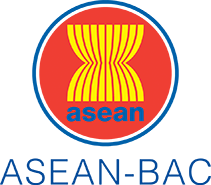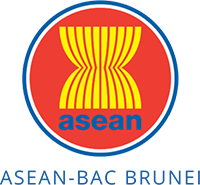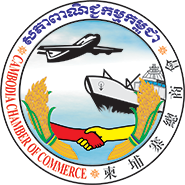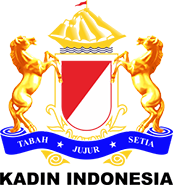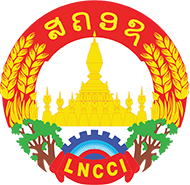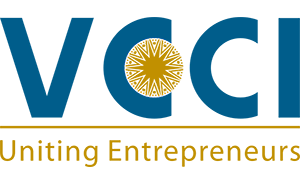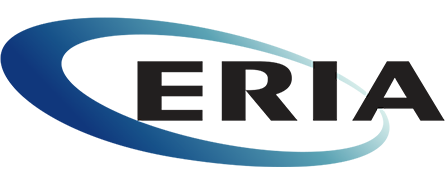
Volume 44 – March 2025
Greetings from DISG Secretariat
Dear Readers,
As we welcome the new season in many countries this March, we’re excited to share the latest updates from ASEAN and Japan that are shaping the future of business, trade, and innovation.
This month, we highlight the “31st Asian Export Control Seminar” held in Tokyo, where leaders and policymakers from over 30 countries gathered to discuss the evolving landscape of export controls across Asia. The seminar featured in-depth presentations on emerging trends, systems, and policies, as well as dynamic sessions focused on technology, licensing, and law. The event served as a platform for exchanging valuable insights on how each country is addressing these challenges and implementing effective export control measures, ultimately strengthening regional collaboration.
We also highlight the “Zest Thailand: Japan-Thailand Fast Track Pitch 2025”, a continuation of the Fast Track Pitch series and the second of its kind in Thailand. This event successfully brings together corporate leaders and innovative startups, fostering cross-border collaboration. Lastly, we provide an update from METI Minister Muto’s Public Affairs, where he engaged with ministers from Thailand and Vietnam to discuss and enhance bilateral cooperation.
This volume covers the following 3 key topics;
- • Report on “31st Asian Export Control Seminar” in Tokyo
- • Report on “Zest Thailand: Japan-Thailand Fast Track Pitch 2025” in Thailand
- • METI Minister Muto’s Public Affairs Updates
Best regards,
ISHIKAWA Hiroshi
Chair of DISG Task Force
Executive Director, JETRO Singapore
Special Advisor to Minister, Ministry of Economy, Trade and Industry, Japan
Report on “31st Asian Export Control Seminar” in Tokyo
From February 18 to 20, 2025, the 31st “Asian Export Control Seminar” was held in Tokyo. Organized by the Center for Information on Security Trade Controls (CISTEC), in collaboration with the Ministry of Economy, Trade and Industry (METI) and the Ministry of Foreign Affairs (MOFA), the seminar gathered approximately 170 participants from around 30 countries, regions, and international organizations.
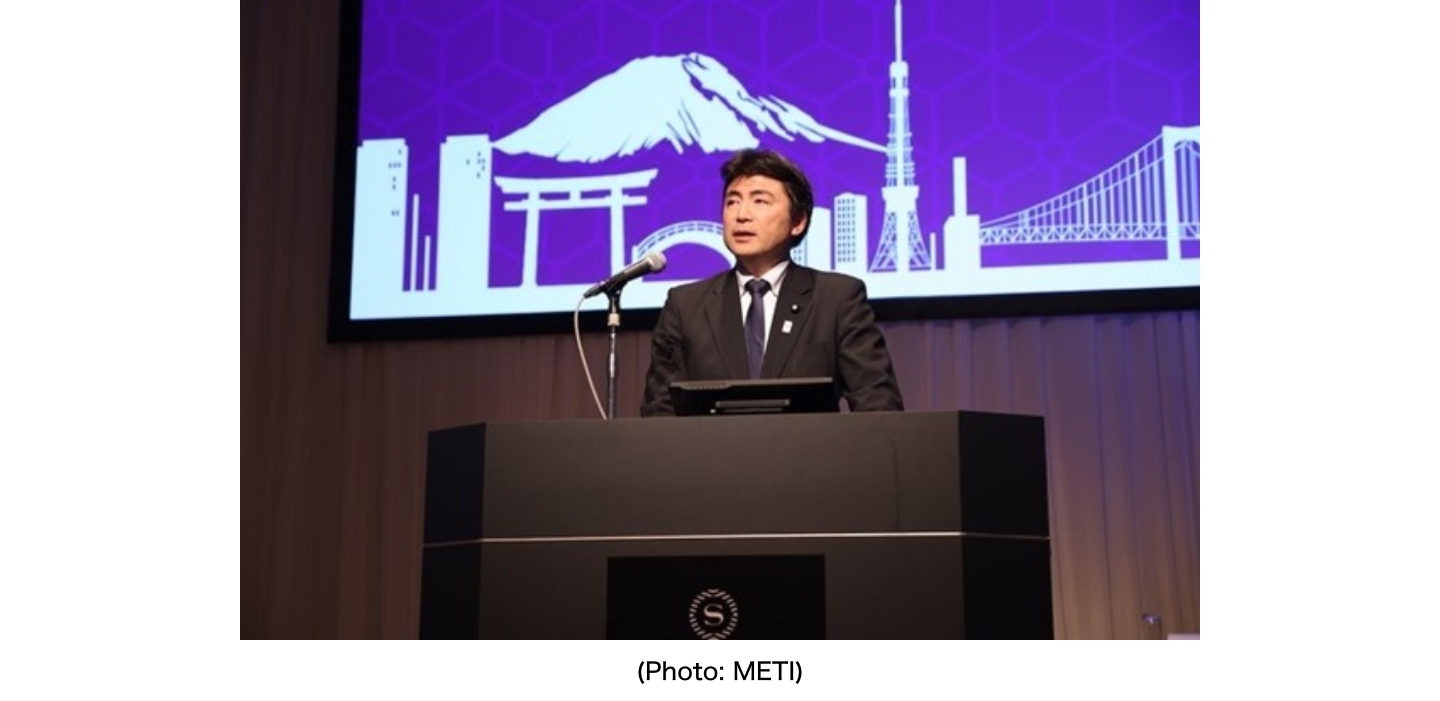
■ Background and Overview
The seminar aims to encourage Asian countries and regions to adopt and strengthen export control systems, contributing to global non-proliferation efforts for weapons of mass destruction (WMDs). The seminar provides a platform for experts from government agencies and international organizations to exchange views, share information on current challenges, and discuss best practices in export control implementation, helping to raise awareness about its importance.
■ Highlights of “Asian Export Control Seminar”
Opening remarks
Mr. Koga Yuichiro, State Minister of Economy, Trade and Industry, delivered the opening remarks, highlighting the steady progress of export control systems in Asian countries since the 1990s. However, he noted that security challenges persist due to changes in the international landscape. He emphasized the rapid advancement of technologies, including semiconductors, artificial intelligence, and quantum technology, which could significantly impact military capabilities. Mr. Koga also mentioned Japan’s ongoing review of its own security export control system.
He further stressed the vital role of the Asian region in the global supply chain, particularly in the manufacturing and distribution of goods and technologies critical to security, including advanced electronic components. Furthermore, he underscored the importance of Asian countries strengthening their export control systems to ensure both regional and global security. He also pointed out Japan’s efforts to support other Asian nations through training programs for licensing officers, outreach events for industry, and cooperation in simplifying procedures with countries that effectively implement export controls.
Presentation I: Latest Trends in the Development of Export Control Systems
Presenters of Japan, the European Union, the United Kingdom, and Canada shared insights into their efforts to adapt export control systems to the evolving technological landscape and shifting international dynamics. The topics included the export control of emerging technologies, amendment of catch-all control systems, strategies for economic security, and the importance to balance security with free economic activities. Additionally, the presenters exchanged views on addressing challenges in export control, including increasing industry involvement and developing outreach initiatives for the academic sector.
Presentation II: Export Control Systems in Asian Countries and Regions
Presenters of Thailand, Singapore, Bangladesh, Hong Kong (China), Laos, Cambodia, China, Vietnam, and Pakistan shared updates on their export control systems. They highlighted their efforts to implement UN Security Council Resolution 1540, as well as initiatives to develop and strengthen their export control frameworks. The discussions also covered the organizations and licensing practices of export control authorities, along with emerging challenges, including technology transfer control, export control of emerging technologies, and measures against financing for the WMDs proliferation.
Presentation III: Procurement Activities by Entities of Concern
Experts in the field of WMD non-proliferation presented on the theme of procurement activities by entities of concern. They emphasized: [i] the importance of enhancing cooperation among export control authorities against the backdrop of diversifying procurement activities by entities of concern to access technology information as well as the challenges faced by universities and companies in enhancing measures for preventing the unintended technology outflow and [ii] the current situation of illicit procurement by country subject to the UN sanctions and specific case examples of procurement networks based on the reports of the Panel in accordance with UN Security Council Resolution 1874.
Thematic Session I: Intangible Technology Transfer
Presenters of Japan, Australia, Malaysia, and Norway discussed efforts by universities and research institutions to control intangible technology transfer. They highlighted updates to relevant regulations, including deemed export control, shared case studies of law violations, and outlined outreach activities by export control authorities.
Thematic Session II: Export Licensing Examination
Presenters of Japan, Germany, the Netherlands, the United Kingdom, India, and Singapore focused on their efforts, including export licensing systems, examination policies, and procedures. They also discussed inter-agency cooperation and shared best practices.
Thematic Session III: Enforcement Of and Compliance with Laws
Presenters of the Philippines, the Republic of Korea, Canada, and Australia addressed their efforts to enforce legal systems and ensure compliance with laws. They covered penal provisions, voluntary disclosure measures to reduce penalties, outreach to industrial platers, case studies on law enforcement, and inter-agency cooperation in law enforcement efforts.
Presentations by International Organizations and International Export Control Regimes
Representatives of the UN Office for Disarmament Affairs, the UN Department of Political and Peacebuilding Affairs, the Hague Code of Conduct against Ballistic Missile Proliferation (HCOC), and a think tank explained the latest efforts by these organizations. In addition, the chairpersons and heads of the secretariat of the multilateral export control regimes, namely the Nuclear Suppliers Group (NSG), the Australia Group (AG), and the Wassenaar Arrangement (WA), provided insights into the initiatives of the respective export control regimes in light of the evolution of technology.
■ Results of the Seminar
The 31st “Asian Export Control Seminar” brought together around 170 export control stakeholders from across Asia and around the world, along with representatives from international organizations and multilateral export control regimes. Building on the previous seminar, participants engaged in lively discussions, sharing best practices and addressing challenges related to export control. They also exchanged insights on their countries’ efforts to tackle these challenges and effective methods for implementing export controls, further strengthening their network.
- 31st Asian Export Control Seminar Held (English) (LINK)
Report on “Zest Thailand: Japan-Thailand Fast Track Pitch 2025” in Thailand
On March 5, 2025, the Ministry of Economy, Trade, and Industry (METI) and the Japan External Trade Organization (JETRO) hosted the “Zest Thailand: Japan-Thailand Fast Track Pitch 2025” in collaboration with the Board of Investment (BOI) and the Ministry of Energy of Thailand. The event aimed to accelerate open innovation for Japanese companies, startups, and small and medium-sized enterprises (SMEs) overseas.
■ Overview
The “Zest Thailand: Japan-Thailand Fast Track Pitch 2025” event was attended by approximately 180 participants, including about 100 online attendees. Six challenge owners presented open innovation challenges, and 17 finalist companies from Japan, Thailand, and other countries showcased their ideas.
Prior to the presentations, opening remarks were given by Mr. Takehiko Matsuo, Vice Minister for International Affairs at the Ministry of Economy, Trade and Industry (METI); H.E. Mr. Masato Otaka, Ambassador of Japan to Thailand; Mr. Junichiro Kuroda, President of JETRO Bangkok; Mr. Narit Therdsteerasukdi, Secretary General of Thailand Board of Investment (BOI); and Dr. Sompop Pattanariyankool, Deputy Permanent Secretary, Ministry of Energy of Thailand. They emphasized the importance of strengthening cooperation between the two countries to foster innovation.
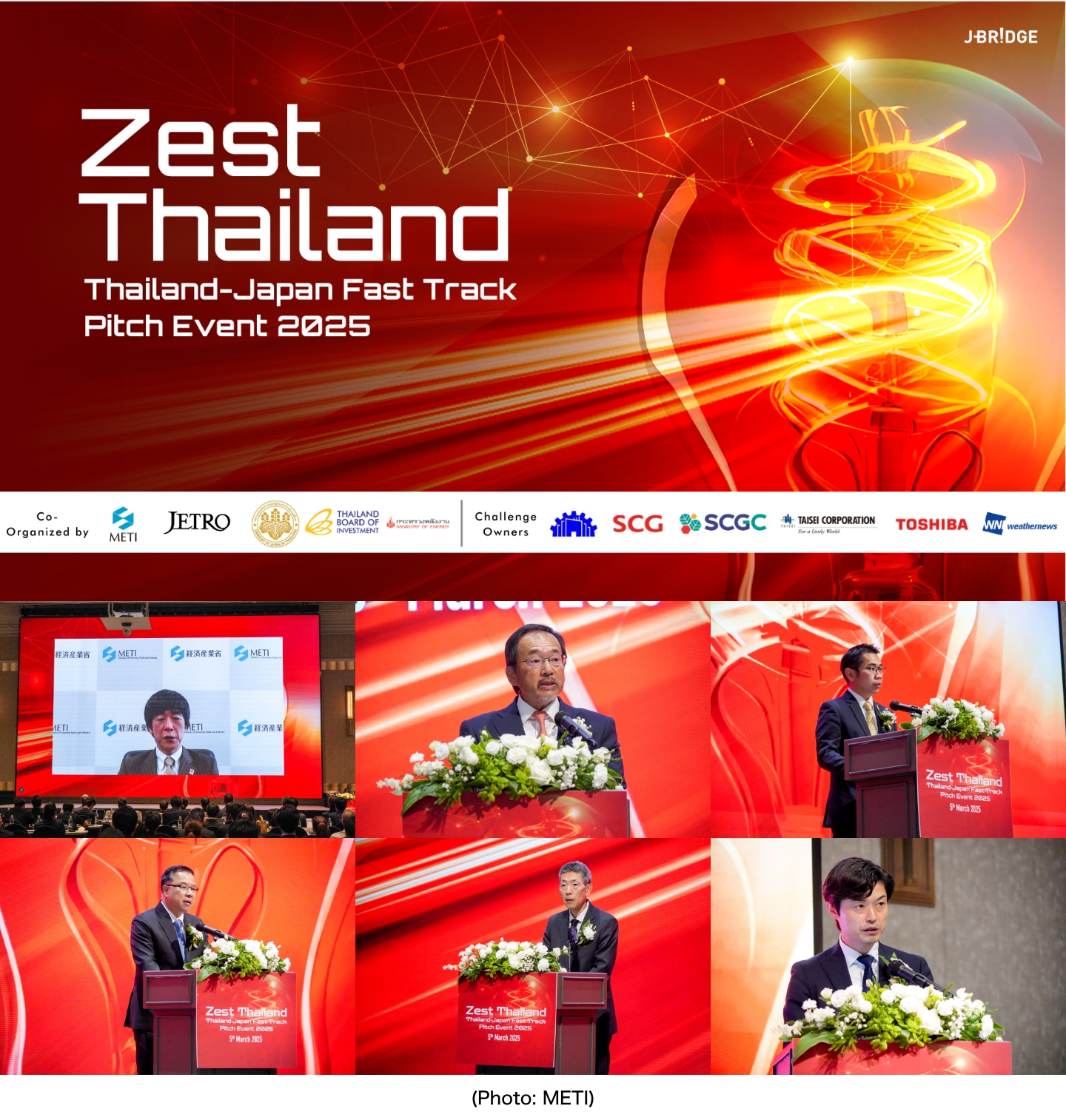
■ Pitch Session by the Finalist Startups
During the application period, approximately 120 submissions around the world submitted their proposal in response to the challenges presented by 6 challenge owners from Japan and Thailand. In the pitch session, 17 finalist companies, chosen by each challenge owner, presented their ideas. Each challenge owner selected one best award-winning company, and through participant voting, one overall best presentation was selected and awarded.
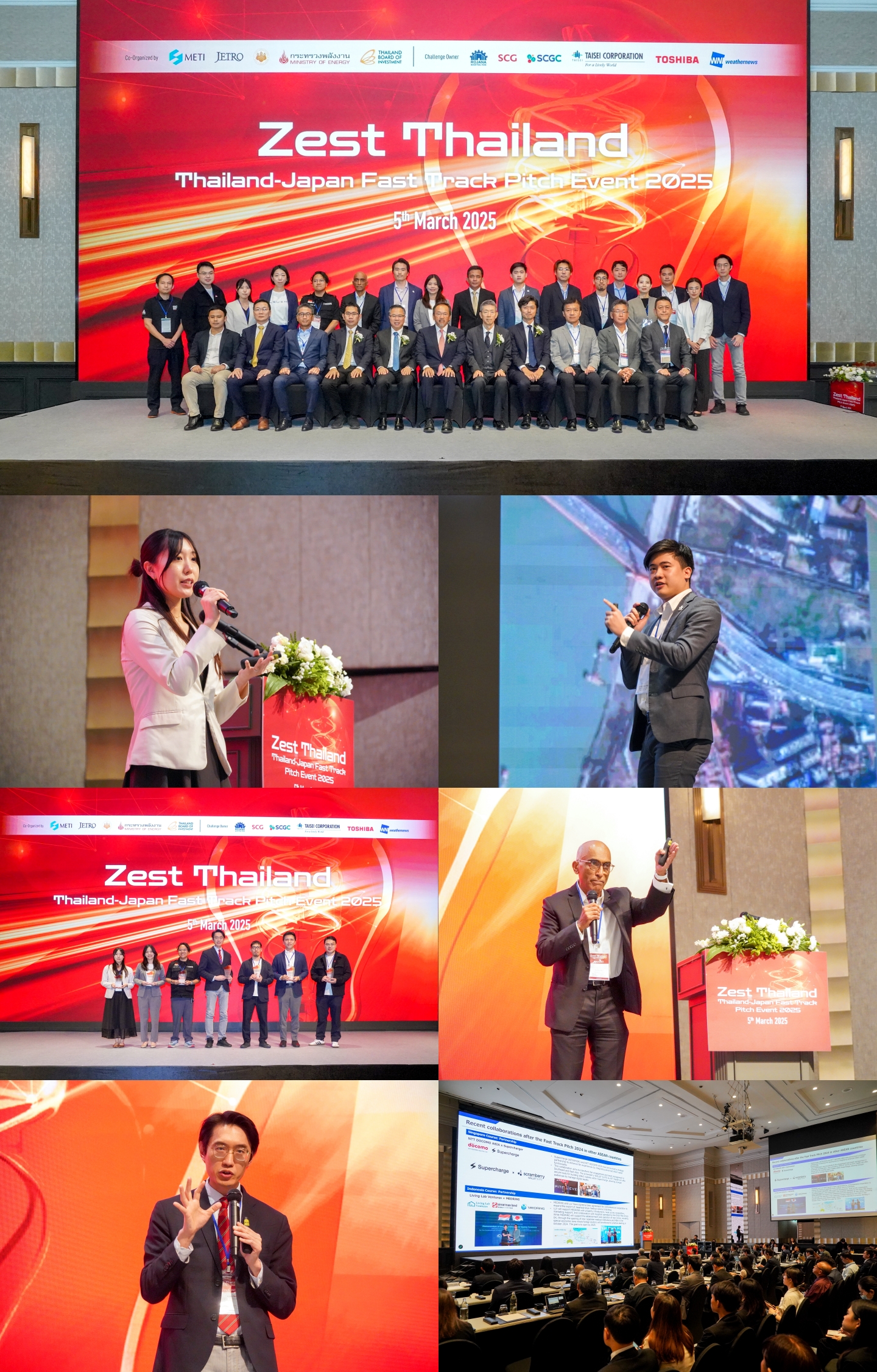
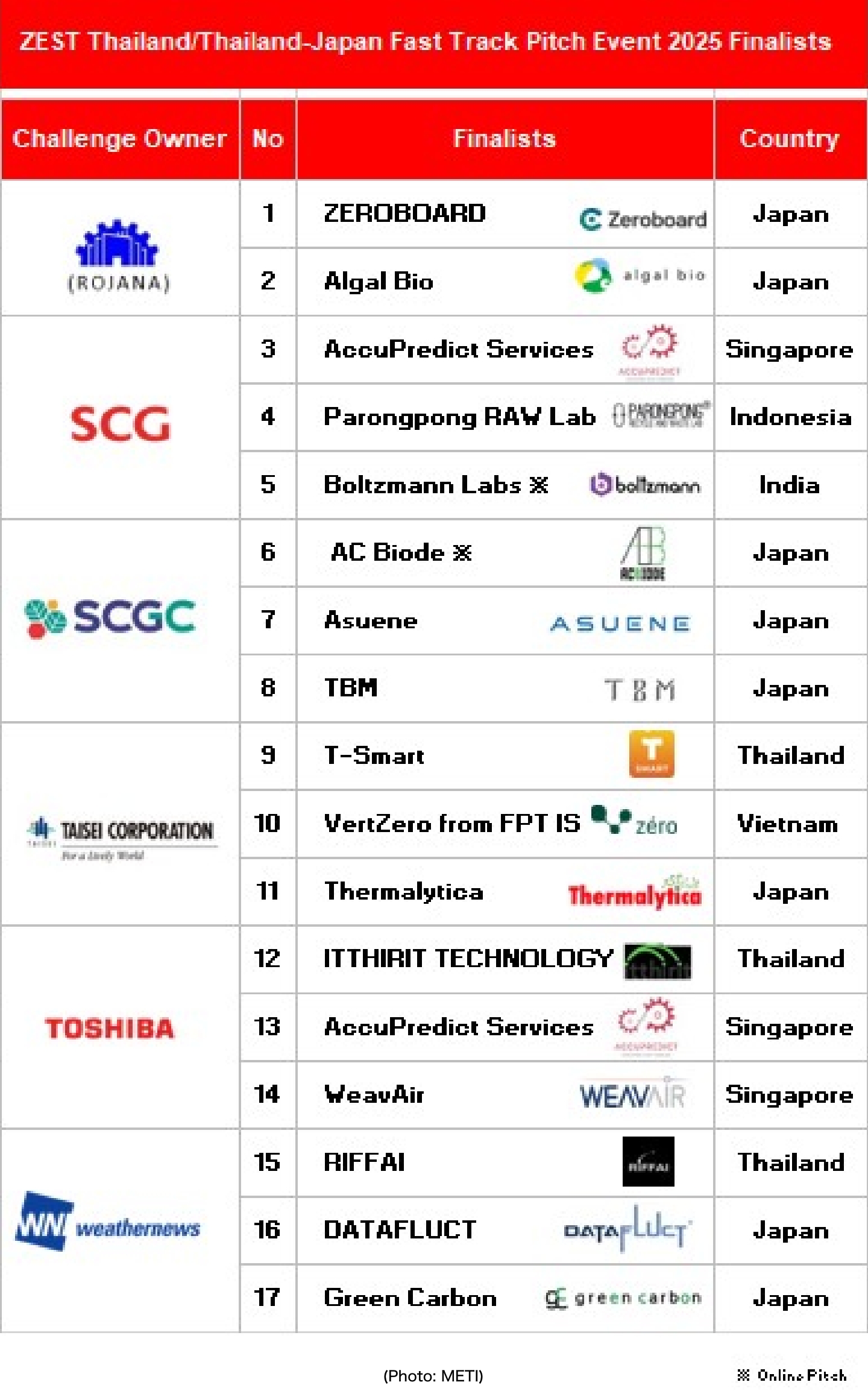
For more details on the challenges and finalists, please see the official website of “Zest Thailand ―Thailand-Japan Fast Track Pitch Event 2025”: LINK.
<Previous Fast Track Pitch Events>
- “Zest Thailand Japan-Thailand Fast Track Pitch 2025” held in the Kingdom of Thailand to accelerate open innovation overseas for Japanese companies, startups, and SMEs (English) (LINK)
METI Minister Muto’s Public Affairs Updates
■ Meeting with H.E. Pichai Chunhavajira, Deputy Prime Minister and Minister of Finance of Thailand, and Attendance at the “Thailand-Japan Investment Forum”
On February 20, 2025, Mr. Muto Yoji, Minister of Economy, Trade and Industry, held a meeting with H.E. Pichai Chunhavajira, Deputy Prime Minister and Minister of Finance of the Kingdom of Thailand. They exchanged opinions on bilateral cooperation primarily focusing on the automobile industry. Minister Muto also attended the Thailand-Japan Investment Forum and delivered his opening remarks.
In the minister meeting with Deputy Prime Minister Pichai, the two ministers exchanged views on the importance of achieving decarbonization and strengthening international competitiveness in the automotive industries of both countries. The meeting concluded with the ministers’ agreement to work closely together towards the early convening of the Energy and Industry Dialogue.
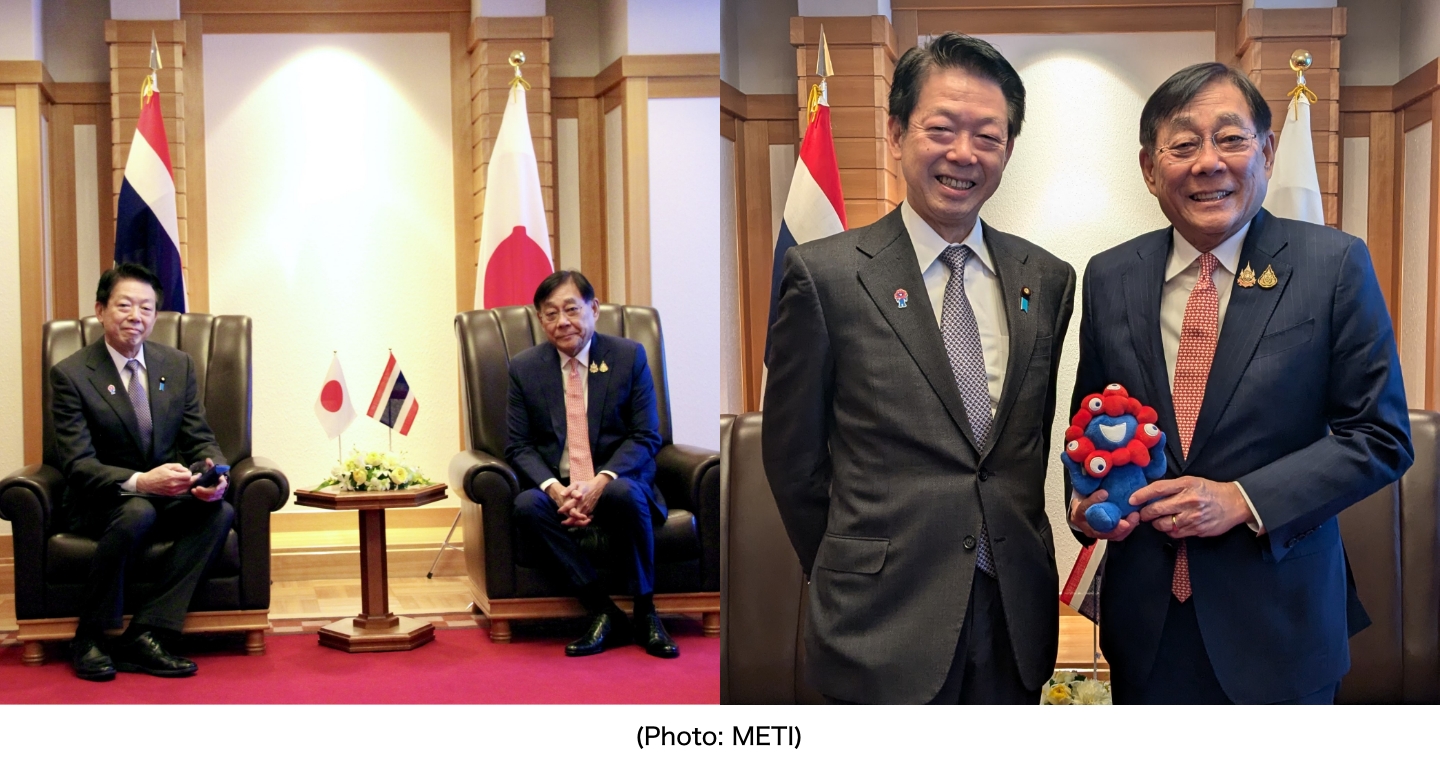
At the Thailand-Japan Investment Forum, Minister Muto delivered opening remarks, highlighting the strong economic ties between Thailand and Japan. He noted that approximately 6,000 Japanese companies have operations in Thailand, the largest number in ASEAN.
Minister Muto emphasized the automotive industry as a key pillar of economic cooperation and discussed the long-standing partnership in building supply chains. He also stressed the importance of a multi-pathway strategy to maintain Thailand’s position as a hub for exports and production, including pioneering efforts in technologies like batteries and hydrogen.
Lastly, he expressed hope that Expo 2025 Osaka, Kansai, Japan, would further strengthen business exchanges, particularly in addressing the shared challenge of aging societies, aligned with the theme of the Thai pavilion, “Thailand Connecting Lives for Greatest Happiness.”
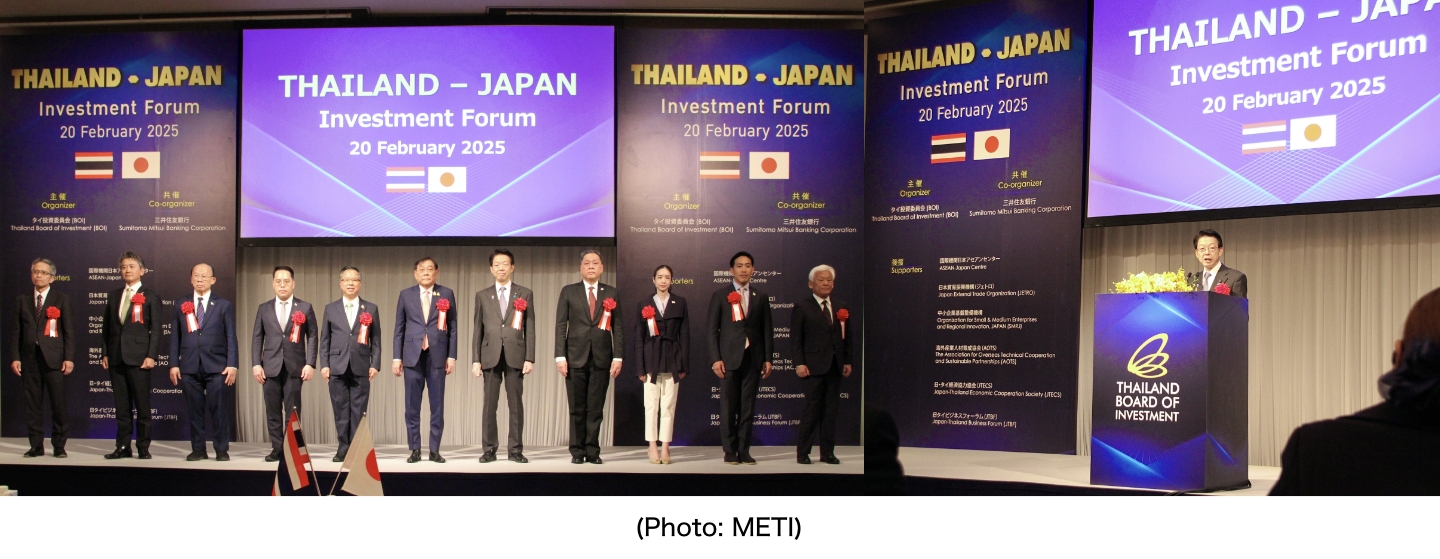
- Minister Muto Holds Meeting with H.E. Pichai Chunhavajira, Deputy Prime Minister and Minister of Finance of the Kingdom of Thailand (English) (LINK)
■ Meeting with H.E. Nguyen Hong Dien, Minister of Industry and Trade of Vietnam
On February 26, 2025, Mr. Muto Yoji, Minister of Economy, Trade and Industry, held a meeting with H.E. Nguyen Hong Dien, Minister of Industry and Trade of the Socialist Republic of Vietnam. They exchanged views on bilateral cooperation in areas such as nuclear energy.
During the meeting, the ministers discussed Japan’s energy policy and Vietnam’s plans for building nuclear power plants. Both ministers reaffirmed their intention to continue advancing feasible cooperation, including discussions at the working level officials. Additionally, they discussed energy cooperation under the “Asia Zero Emissions Community (AZEC)” and industrial cooperation through the use of Global South Future-Oriented Co-Creation Project, confirming their commitment to strengthening their joint efforts.
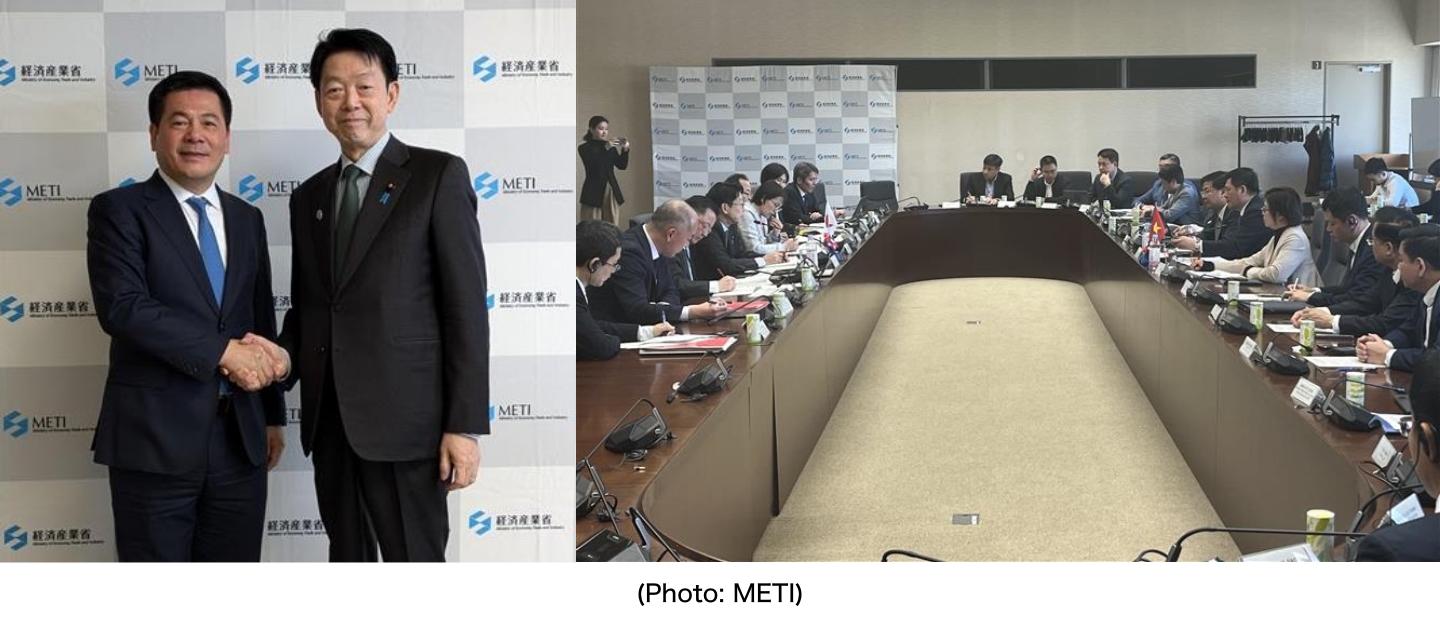
- Minister of Economy, Trade and Industry Muto Meets with Minister of Industry and Trade of the Socialist Republic of Vietnam Dien (English) (LINK)
Editorial Note



